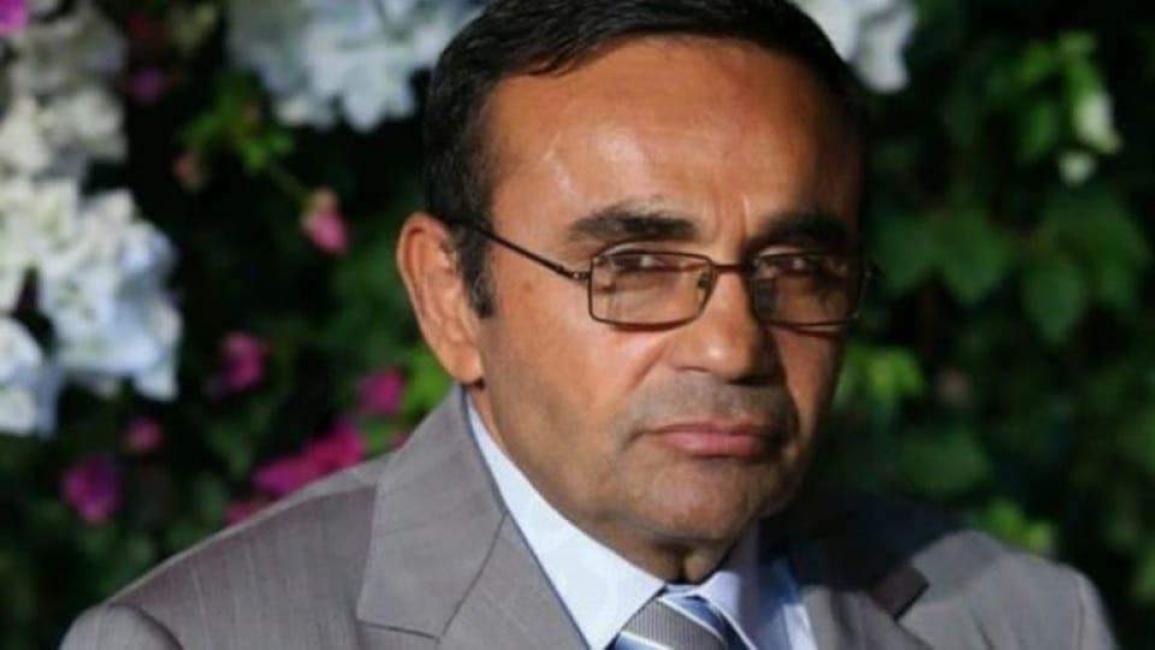After spending over three years in U.S. prison, Lebanese Businessman Kassem Tajeddine has been released early and arrived in Beirut on Wednesday.
Citing the risk of coronavirus (COVID-19) complications and his old age, a U.S. judge ordered Tajeddine’s release back in May, when he had two more years of prison time to go.
He received a warm welcome at the Beirut-Rafik Hariri International Airport from a large crowd headed by his family.
Tajeddine, who is not an American citizen, faced delays prior to his return to Beirut due to complicated mechanisms related to his legal status and the current travel conditions.
His family released a statement thanking Lebanese and U.S. authorities for facilitating his return, calling the past few years he had spent in prison “a difficult experience.”
In March 2017, Morocco arrested and extradited Kassem Tajeddine to the U.S. after being accused of evading the latter’s sanctions; he pleaded guilty of the charges in 2018 and was sentenced to 5 years of prison, including the time he’d already served.
This was 8 years after the U.S. accused him of financing Hezbollah and labeled him a “specially designated global terrorist.” The label remains active even after his release.
Throughout his quarrel with U.S. authorities, Kassem Tajeddine maintained his innocence regarding the alleged connections with Hezbollah.
He has insisted that his plea of guilt was not related to his alleged ties with the organization.
On that, his lawyer has said that, when the businessman agreed to the plea, all references to financing terrorism had been removed.
The charge that he did plead guilty of was establishing a money-laundering scheme that enabled him to conduct millions of dollars in transactions with U.S. businesses, effectively evading the country’s sanctions.
In addition to prison time, Tajeddine was ordered to pay a $50 million fine for his charges.
Upon his early release, speculations surfaced regarding his case’s alleged connection to that of Amer Fakhouri, who was recently released by Lebanese authorities after being imprisoned for collaborating with Israel and torturing prisoners in Khiam, South Lebanon.









